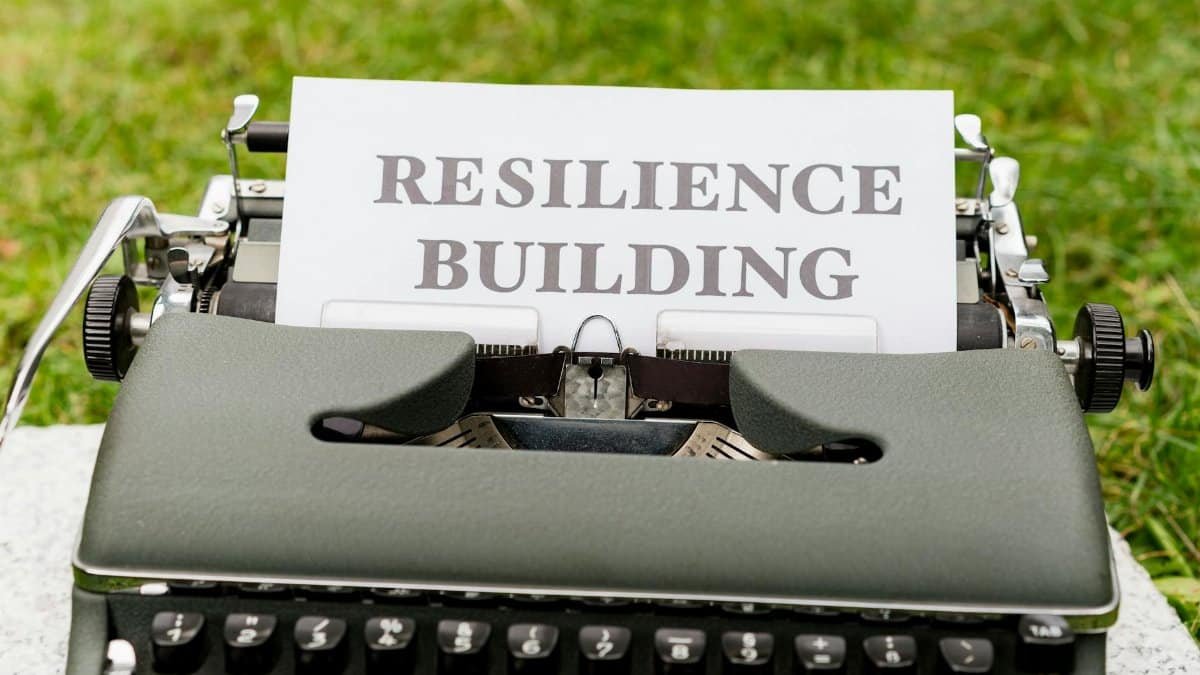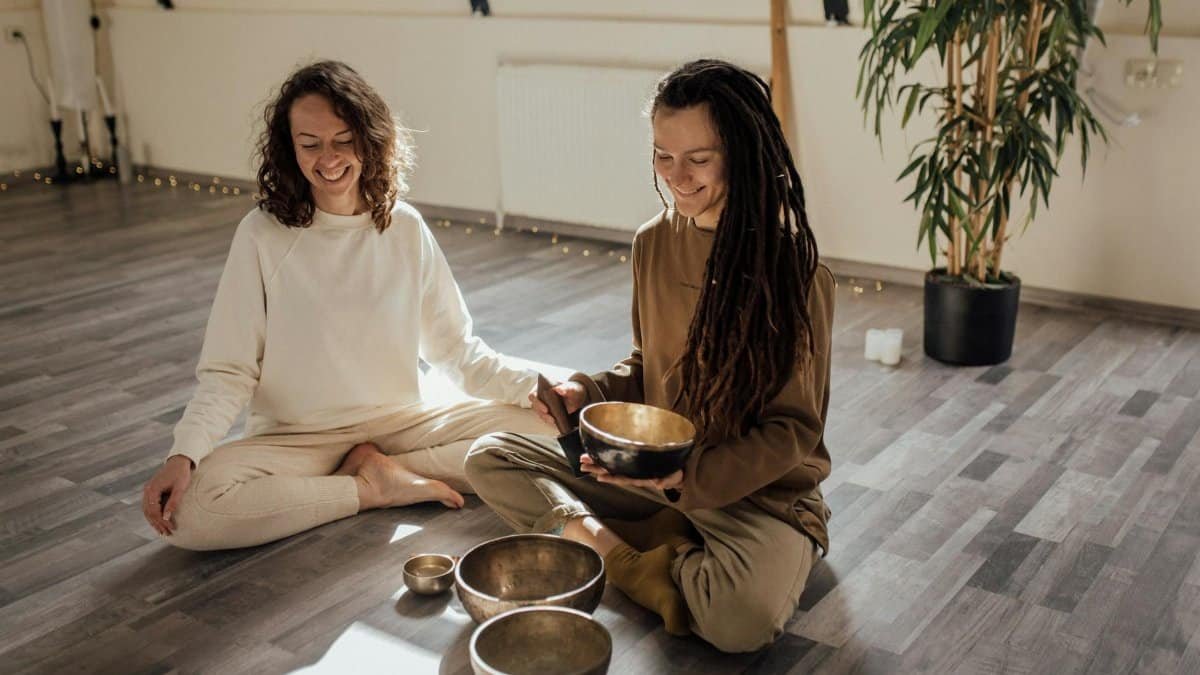In a world where stress seems to be the default setting, a startling statistic emerges from recent research. According to a 2023 survey by the American Psychological Association, nearly 27% of U.S. adults say they are so stressed most days that they can’t function effectively. That’s up from previous years, underscoring a quiet crisis in mental well-being. Yet amid this backdrop, consciousness hacks—simple, intentional shifts in awareness—are gaining traction as tools to reclaim inner peace. These aren’t mystical rituals but practical techniques rooted in science and everyday experience, designed to interrupt the cycle of anxiety and foster calm. For middle-aged Americans juggling careers, families, and the relentless pace of life, such hacks offer a lifeline, promising not just momentary relief but a deeper sense of equilibrium. As we navigate 2025’s uncertainties, exploring these seven consciousness hacks could be the key to restoring balance, starting with one that swiftly rebuilds calm.
1. Mindful Breathing: The Instant Calm Restorer

Imagine a harried parent in a bustling Chicago suburb, paused mid-commute, drawing a slow breath that cuts through the mental fog. This is the essence of mindful breathing, the first consciousness hack that restores calm with remarkable speed. It begins with focusing on the inhale and exhale, perhaps counting to four on each, grounding the mind in the present moment.
Research backs this up. A study from Harvard Medical School highlights how controlled breathing activates the parasympathetic nervous system, reducing cortisol levels and easing anxiety. Participants in one trial reported a 40% drop in stress after just five minutes of practice.Harvard Health Publishing details these findings, emphasizing its accessibility for anyone, anywhere.
But it’s not just about the science; there’s a human texture to it. One anonymous account shared in online discussions described feeling “like a storm cloud lifting” after incorporating breathwork during a tense work call. The beauty lies in its simplicity—no apps or equipment needed, though starting with guided sessions can help build the habit. Over time, this hack rewires reactions, turning potential meltdowns into manageable pauses. For those in their 40s and 50s, facing midlife pressures, it’s a subtle rebellion against the grind, inviting peace one breath at a time.
2. Gratitude Journaling: Building Emotional Resilience

What if jotting down three things you’re thankful for each evening could reshape your outlook? This consciousness hack dives into gratitude journaling, a practice that shifts focus from what’s lacking to what’s abundant, fostering a sustained sense of peace.
Start small: In a quiet corner of your home, perhaps with a simple notebook, reflect on the day’s positives—a kind word from a colleague, a warm meal, or even the reliability of your morning coffee. The act isn’t about forced positivity but honest acknowledgment, which studies show can lower depression symptoms. The Greater Good Science Center at UC Berkeley has explored this, finding that regular gratitude practice enhances well-being and reduces negative emotions.Greater Good Science Center reports on experiments where participants felt more optimistic after weeks of journaling.
Weaving in a mini-narrative, consider a teacher from Texas who, amid burnout, began this ritual. She noticed how it softened her evenings, turning rumination into reflection. It’s not always easy; some days, the entries feel sparse, revealing inner tensions. Yet that’s where the growth happens, building resilience like layers of sediment forming rock. In 2025, as economic worries linger, this hack serves as an anchor, reminding us that peace often blooms from within, cultivated through deliberate attention.
3. Nature Immersion: Reconnecting with the Earth

Stepping outside, away from screens and schedules, nature immersion emerges as a potent consciousness hack for peace. It’s about more than a walk in the park; it’s an intentional plunge into the sensory world—listening to leaves rustle, feeling the ground underfoot.
Evidence from the National Institutes of Health supports this, with research indicating that time in green spaces lowers blood pressure and improves mood. A specific study linked forest bathing, a Japanese practice, to reduced stress hormones.NIH Study on Nature and Health delves into how such exposure recalibrates our internal rhythms.
Picture a group of friends in the Pacific Northwest, hiking trails where the air smells of pine and possibility. One recalls how the vastness of the landscape dwarfed her worries, sparking a profound calm. Yet, not everyone has forests nearby; urban dwellers can adapt with rooftop gardens or even houseplants. The key is presence—observing without judgment. This hack confronts the isolation of modern life, weaving us back into a larger tapestry, where peace isn’t chased but encountered naturally.
4. Digital Detox: Silencing the Noise

Amid the constant pings of notifications, a digital detox stands out as a consciousness hack that carves out space for true rest. It involves setting boundaries, like device-free hours or weekends, to reclaim mental bandwidth.
Pew Research Center’s data reveals that 85% of Americans own smartphones, with many checking them compulsively, contributing to heightened anxiety. Detoxing counters this, as shown in studies where participants reported better sleep and focus after unplugging.Pew Research Center on Digital Habits underscores these trends.
Envision a New York executive who, frustrated by endless emails, committed to evenings offline. At first, the silence felt eerie, but soon it blossomed into creative thoughts and deeper conversations. There’s tension here—fear of missing out clashes with the relief of disconnection. Gradually, though, it fosters peace by prioritizing real-world connections over virtual ones. In our hyper-connected era, this hack is a bold step toward serenity, proving that less input can mean more inner quiet.
5. Compassion Meditation: Softening Inner Criticism

“Be kind to yourself,” the mantra goes, and compassion meditation embodies this as a consciousness hack for peace. It starts with directed thoughts of warmth toward oneself and others, melting away self-judgment.
From the University of Wisconsin-Madison, research on loving-kindness meditation shows it increases positive emotions and social connectedness. Practitioners experience less anger and more empathy.Center for Healthy Minds provides insights into these benefits.
A retiree in Florida, battling loneliness, found solace in daily sessions, visualizing kindness like sunlight spreading. It wasn’t immediate; doubts crept in, highlighting internal struggles. But persistence paid off, easing the grip of regret. This hack explores the nuance of human frailty, turning self-compassion into a buffer against life’s storms, essential for those navigating midlife transitions.
6. Body Scan Awareness: Releasing Stored Tension

Lying still, methodically tuning into each body part—this body scan is a consciousness hack that uncovers and dissolves hidden stress, promoting profound peace.
The Mayo Clinic endorses it for relaxation, noting how it interrupts pain cycles and enhances sleep.Mayo Clinic on Relaxation Techniques explains its step-by-step process.
Think of a nurse in Atlanta, post-shift, scanning from toes to head, feeling knots unwind. The practice reveals surprises, like unnoticed shoulder tightness from daily worries. It demands patience, blending awareness with acceptance, ultimately building a calmer baseline amid chaos.
7. Affirmation Rituals: Rewiring Thought Patterns

Ending with affirmation rituals, this consciousness hack involves repeating positive statements to reshape subconscious beliefs, paving the way for lasting peace.
Studies from the National Center for Biotechnology Information link affirmations to reduced stress and improved problem-solving.NCBI on Self-Affirmation discusses neural mechanisms at play.
A small-business owner in California integrated morning affirmations, countering doubt with phrases like “I am capable and calm.” Initial skepticism gave way to subtle shifts, illustrating the power of persistence. This hack ties together the others, reinforcing that peace is an active creation, not a passive state.
